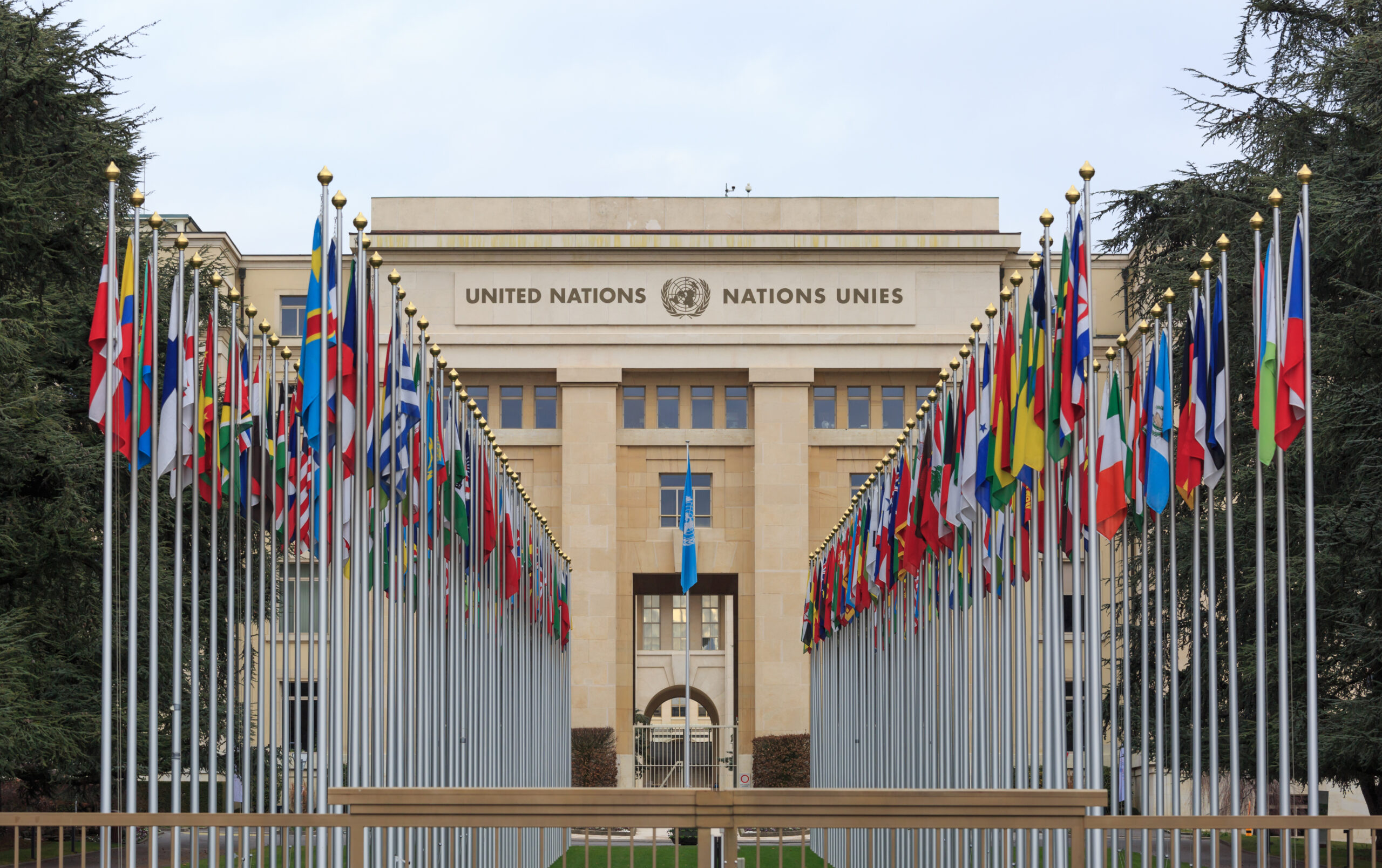Rich Interaction Applications Bridge Gaps and Benefit Communities in Crisis and Beyond
This is part of a series of posts on the impact of Rich Interaction Applications (RIAs).
A few weeks ago, DisCo discussed how rich interaction applications (RIAs) contributed close to $6 trillion across 64 countries over a 16 year period. A key reason for this is because applications like WhatsApp, Skype, Facebook Messenger, and Signal allow merchants to access new markets with almost no barrier to entry and very little monetary risk. But RIAs also provide meaningful, societal benefits that are not easily captured by statistics.
RIAs help break down barriers. On average, 3.5 languages are spoken in countries around the world. RIAs like Skype provide smart translation tools in real-time for little or no cost. The system currently translates nine languages, including English, Spanish, German, Mandarin Chinese, Arabic, and Russian. For those hard of hearing or deaf, an app called Five lets users send animated sign language messages to friends through the app or over Facebook Messenger. These enhanced features show how RIAs bridge cultural gaps and smooth business encounters with innovative solutions.
RIAs also nurture close relationships regardless of geographic location. This is crucial for aid workers who engage in international projects or soldiers who spend long periods of time in remote areas with poor infrastructure. The rich interactions that RIAs enable can help these individuals remain close to their families and friends. For example, in a partnership with the UN High Commissioner for Refugees (UNHCR), Skype developed a customized low-cost voice and video call service to connect remote UNHCR staff with their family and friends. This was a part of UNHCR’s effort to address staff isolation and stress, ensuring productivity and efficiency.
Perhaps most importantly, RIAs bridge infrastructure gaps in emergencies. During the Ebola crisis in 2014-15, BBC News created a subscriber-based service with WhatsApp to disseminate public health information from the World Health Organization and the United Nations Children’s Fund (UNICEF) via images, audio, and text. This feature allowed people in remote and quarantined areas to access lifesaving information from an app in a region where it is already widely used. Further, sharing audio and images were essential for users with low levels of literacy to ensure comprehension. In total, 20,000 people subscribed to the service, making it the most widely used RIA during the global health emergency. Further, after the tragic train crash near Pukhrayan in the Indian district of Kanpur in November 2016, WhatsApp was crucial in reuniting separated families by allowing doctors from different hospitals to share photos of missing loved ones in a chain of group chats.
Similarly, in Somalia, families facing the third consecutive year of drought and on the brink of famine have turned to a series of WhatsApp groups to support one another. The WhatsApp groups connect members of the Somali diaspora (large populations being in Canada and Minnesota) to coordinate donations for families struggling obtain basic necessities. Combining the enhanced features of a RIA with the age-old familial network tradition, WhatsApp has effectively become a sign of hope for Somali families in crisis.
Situations like these point to the many socioeconomic benefits that are coming to bear from RIAs. Fostering development of these applications will only produce more innovative uses and accessible interaction, becoming an invaluable societal asset in many different situations for communities across the globe. While the social value RIAs deliver may not be something easily captured in traditional economic models, the impact is tangible for many.
Joseph Kerins is a Law Clerk at CCIA and a rising 2L at American University Washington College of Law. Follow @josephkerins








